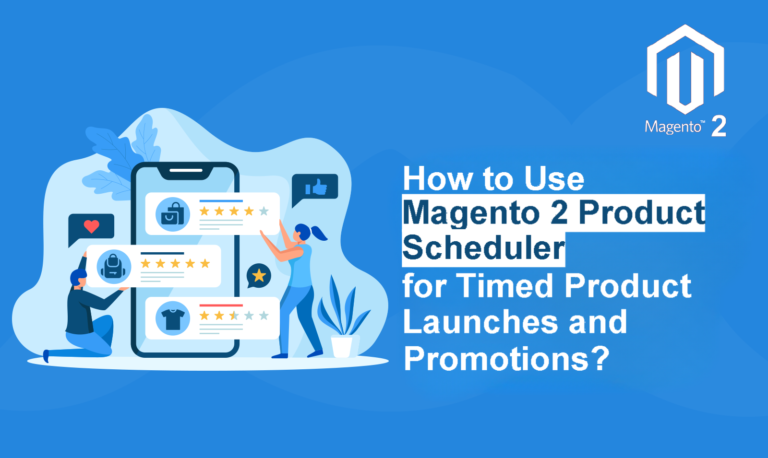
The process only requires an internet connection: patients go online and answer some HIPAA-compliant questions about their pregnancy, such as when the first day of their last period was. If it’s a straightforward case, it’s approved by the doctor—there are seven American doctors covering 15 states—and the medication arrives in a few days. In places like Texas, where Aid Access doesn’t have doctors in state, Aid Access founder Rebecca Gomperts prescribes the medication from Europe, where she is based. That can take around three weeks, Pitney says.
The ability to get a safe, discreet abortion at home with just an internet connection could be life-changing for Texans and others in need. “It’s really changed the face of abortion access,” says Elisa Wells, the cofounder of Plan C, which provides information and education about how to access the pills.
In Texas, the need is especially acute because cultural stigma and an existing history of restrictive laws means there are very few in-person clinics available. Before the recent law change, Texans were three times more likely than the national average to use abortion pills, because abortion clinics were so far away.
“In a situation like Texas, where mainstream avenues of access have been almost entirely cut off, it is a solution,” says Wells, who describes much of Texas as an “abortion desert.” Black and Hispanic people often have less access to medical care, and so the ability to access abortion pills online is vital for these communities.
They’re also much cheaper than medical abortions, with most pills costing $105 to $150 plus a required online consultation, depending on which state you live in. (Aid Access forgives some or all of the payment if necessary.)
But while they’re commonly prescribed in other countries (they’re used in around 90% of abortions in France and Scotland, for example), only 40% of American abortions use pills. In fact, using the pills in the US to “self-manage an abortion” can lead to charges in at least 20 states, including Texas, and has been the basis for the arrest of 21 people since 2000. Aid Access’s use of Gomperts to write prescriptions as a foreign doctor has come under federal investigation by the FDA, which the group challenged. The situation remains unresolved.






